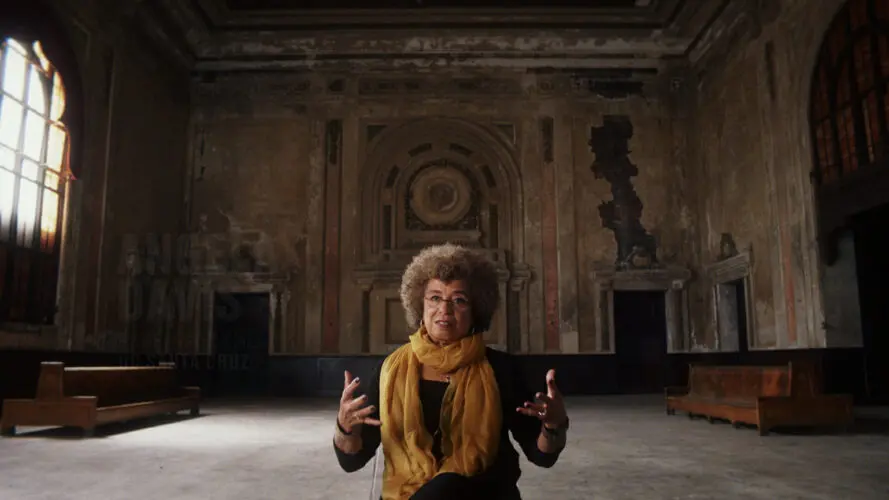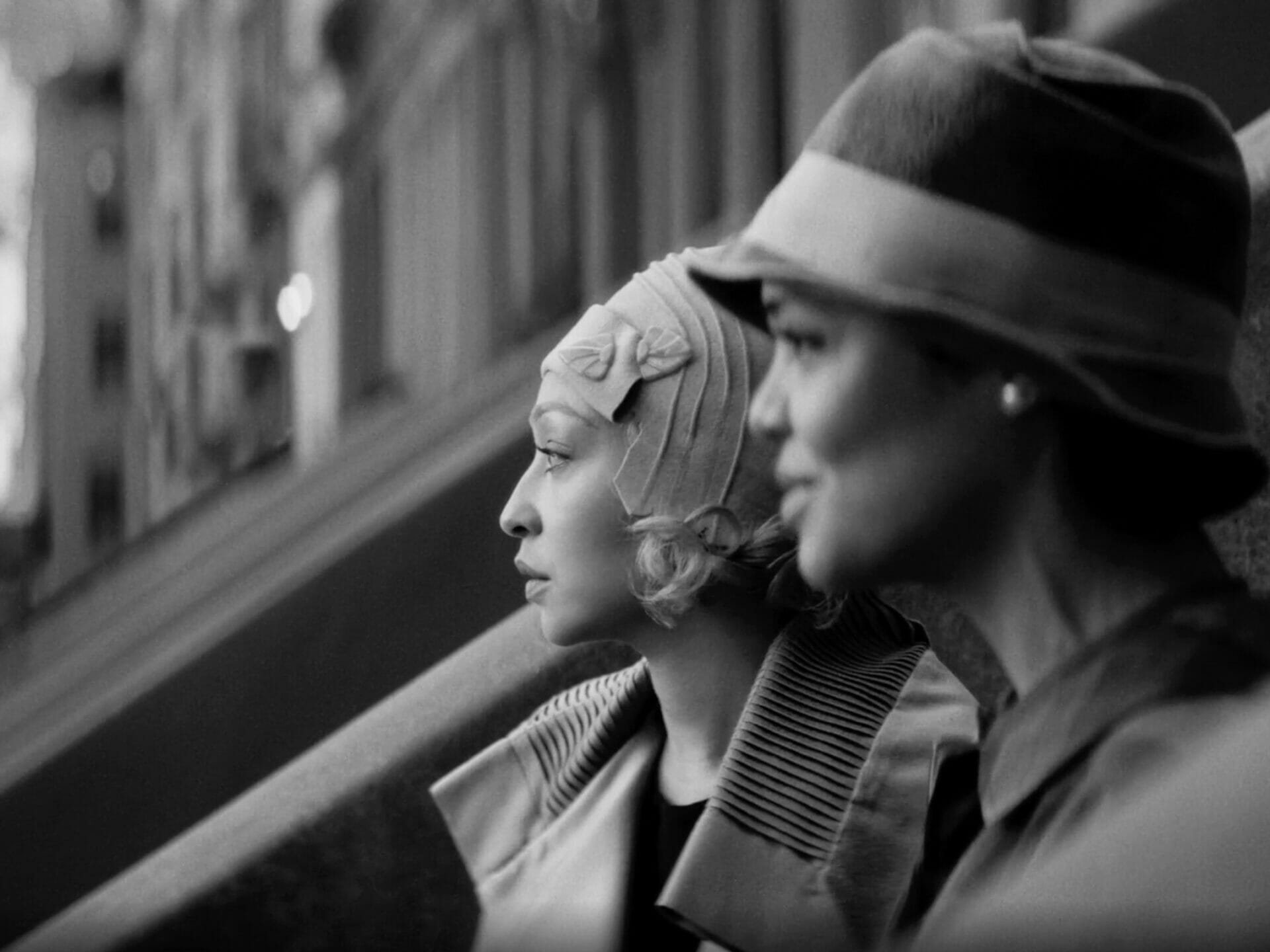
13th |A lineage of racial oppression across 150 years
Year
Runtime
Director
Main Cast
Music by
Country
Format
Subgenre
By
Neither slavery nor involuntary servitude, except as a punishment for crime whereof the party shall have been duly convicted, shall exist within the United States, or any place subject to their jurisdiction.
American Constitution, 13th Amendment
This is the famous 13th Amendment to the U.S. Constitution, passed by president Abraham Lincoln in 1865, which abolished slavery – except for criminals. It is on this last clause that Ava Duvernay’s 2016 documentary 13th hinges, developing the argument that slavery in the United States was not so much abolished as transformed. With a brisk runtime of just 100 minutes, DuVernay traces a lineage of racial oppression across 150 years, from convict leasing and the Jim Crow laws to Nixon’s “war on drugs”, to the present-day prison-industrial complex.
A history lesson
DuVernay’s top priority is to inform, to give context to the present moment and the Black Lives Matter movement: as she said in a conversation with Oprah Winfrey, “It became unreasonable and incomplete to try to tell the story of now without telling the story of the past.”
To this end she structures her documentary much like a history lesson, building her thesis decade by decade. Within each chapter, she weaves together archival footage, shots from films like D.W. Griffith’s Birth of A Nation, animated didactic interludes, and talking-head interviews with guests including Michelle Alexander, Cory Booker, Newt Gingrich, and Angela Davis. The voices mainly speak as an ensemble, working together to construct a multi-faceted portrayal of a complex, sprawling issue.
Raising awareness
13th, while being closely bound to the moment in which it was made, also probes a timeless question: “Do you understand the architecture around an idea that you hold in your head?”. DuVernay systematically deconstructs this architecture to reveal a frame held in place by one thing above all else: language. From “super predators” to “law and order” to a word as simple as “crime,” she walks the audience not only through the connotations surrounding these terms, but also the people – mainly politicians – who put them there, and why.
An essential part of the Black Lives Matter movement is raising awareness: about issues in society, but also about one’s own unconscious thoughts about racial oppression, and one’s own apathy. With 13th Ava DuVernay sparks all of the above and then trusts in her viewer to go further, to educate themselves, watch, listen, and care.
Tag
Buy a ☕ for Hypercritic









